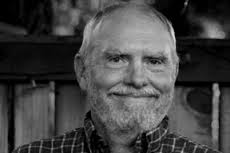Abstract: Historians of education wanting to develop culturally responsive historiographies of Indigenous communities should move beyond a reliance on government and church policy documents – with some variegations of testimony from residential school survivors. The unique circumstances of colonisation that were forged by national/settler policies should be investigated in tandem with a traditional knowledge of local meanings of time, landscape and mythos. This work examines the differences in Canadian and American schooling policies – notably the residential schools – from the experiences of the Coast Salish who are a transnational people with a transcendent discernment of their traditional territory bisected by the Canada–US border. Nation-state borders have produced impediments for Indigenous peoples and conceptual problems for historians. This paper, drawing on secondary and primary source documents, oral history recordings and conversations with Coast Salish community members, compares the cross-border educational experiences of the region with suggestions for more place-based historiographies of Indigenous education.
Marker, M. (2015). Borders and the borderless Coast Salish: Decolonising historiographies of Indigenous schooling. History of Education, (ahead-of-print), 1-23.
Access article here.

